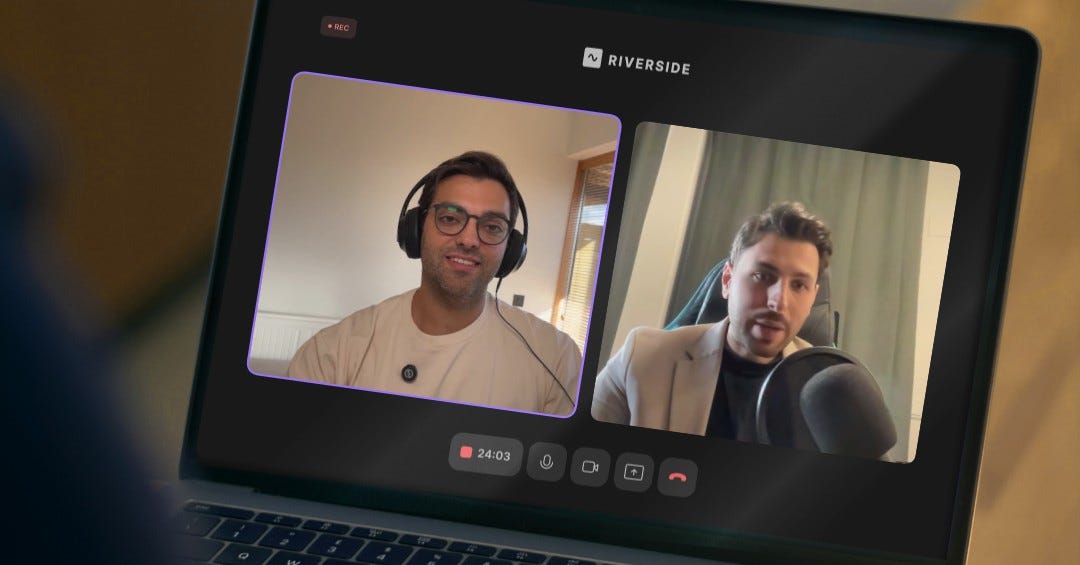From Bankruptcy to Breakthrough
How Fares Amer Built Amerfarma
Most founders chase ideas.
Fares Amer built a business he truly understood.
After two failed startups and years working across Africa, Asia, and Europe, he stopped chasing unicorns and focused on something real: pharmaceutical distribution.
“I went bankrupt twice. That’s when I decided to build something I actually know how to manage.”
Today, Amerfarma is a licensed pharmaceutical distributor based in Spain. It connects manufacturers, hospitals, and pharmacies, ensuring essential medicines reach the markets that need them most.
Sometimes, that means filling shortages in Europe itself. Other times, it’s getting life-saving drugs to underdeveloped regions that global giants overlook.
Building what others ignore
“People think big companies like Pfizer or GSK are everywhere. They’re not. Many countries don’t have access to their products.”
Amerfarma finds those gaps, registers products locally, and becomes the official representative for these manufacturers.
It’s not just logistics. It’s strategy — connecting need, regulation, and trust.
Lessons from failure
Before Amerfarma, Fares built startups that didn’t make it. He raised venture capital, built teams, and tried to grow fast.
It ended the way it often does: burnout, pressure, and debt.
“The startup world is obsessed with raising capital. First raise, second raise, Series A. But what about revenue? What about profit?”
After losing everything twice, he realized that true entrepreneurship isn’t about hype, it’s about sustainability.
“When you have a family and bills to pay, you need stability. Once you build that, then you can create things that help society.”
The mindset shift
Now, Amerfarma is profitable. Fares runs it lean, values ethics above everything, and plays the long game.
“I saw too many people sign contracts that meant nothing. I wanted to build a company with my rules, with ethics. When clients choose you, they’re choosing trust.”
Trust is a word he repeats often: with customers, suppliers, and employees. It’s what keeps relationships alive in an industry where one broken promise can end a deal forever.
The boring life that works
Fares wakes up at 6 a.m., prays, drinks coffee in his garden, and works out before starting his day.
He calls it “a boring life”, but it’s exactly what makes him productive.
“I used to sleep 3 hours a night. Now I sleep 7. I need routine to stay sharp. I eat clean, train hard, and focus on what matters.”
Fitness isn’t just a hobby. It’s how he manages stress.
He laughs when he says it: “You need to sweat every day. That’s how I stay sane.”
Perseverance, not obsession
Fares calls perseverance his superpower, but it’s one he’s learned to control.
“If you knock on a door ten times and it doesn’t open, maybe it’s not your door. I learned to see the line: when to stop. No project is worth your health.”
He’s pragmatic now. He knows when to pivot, when to push, and when to walk away.
A balanced definition of success
“Success is the day I stop working out of necessity and start working for fun, with freedom, time, and peace of mind.”
He smiles when he says it. After all the stress, bankruptcy, and rebuilding, Fares has earned that peace.
My takeaway
Fares’ story is a rare kind of entrepreneurship: grounded, mature, and deeply human.
He’s not chasing hype or exits. He’s building something that lasts.
And maybe that’s what real success looks like: knowing your craft, protecting your energy, and building on experience instead of ego.


